

Period performance conventions are well and good, but not when they become mannerisms or bad habits. Regarding harpsichordist Ottavio Dantone’s first Well-Tempered Clavier installment, I’d
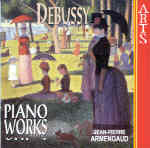
Because Debussy starts with sound, it’s difficult to endure the drab, dynamically restricted engineering throughout these performances. Jean-Pierre Armengaud’s uneven pianism and inconsistent interpretations don’t
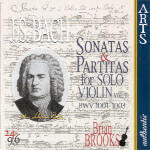
In the main, Brian Brooks offers little to complement or compete either with the catalog’s best baroque violin versions of Bach’s Sonatas and Partitas or
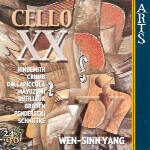
Recitals devoted to unaccompanied 20th-century cello repertoire are occuring with increasing frequency on CD. In a less competitive market, the virtues of Wen-Sinn Yang’s release
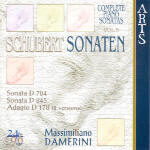
My first impression upon hearing this disc concerned the unattractive sound. Its dry ambience, constricted dynamics, and lack of sonic warmth hardly justify the label’s
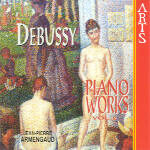
The best items here are solid, sensitive readings of the first two Images Oubliées, the first two selections in Images Book II, and a buoyant

This release features the world premiere recording of the König Enzio overture from Wagner’s incidental music for a drama by Ernst Raupach. Composed in 1832,
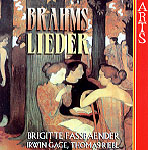
Brahms’ affinity for and particular sensitivity to the “alto” in all its incarnations–especially voice and viola–is shown to memorable effect in these songs, sung by
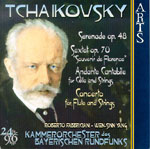
Despite the gains that may result from arranging Tchaikovsky’s Souvenir de Florence for string orchestra, the piece is far more effective in its original sextet
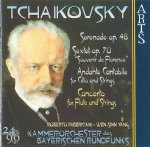
What the booklet cover and jewel case spine both misleadingly term Tchaikovsky’s “Flute Concerto” is a four-minute fragment of entirely forgettable juvenilia–to be precise, Tchaikovsky’s
![]()
